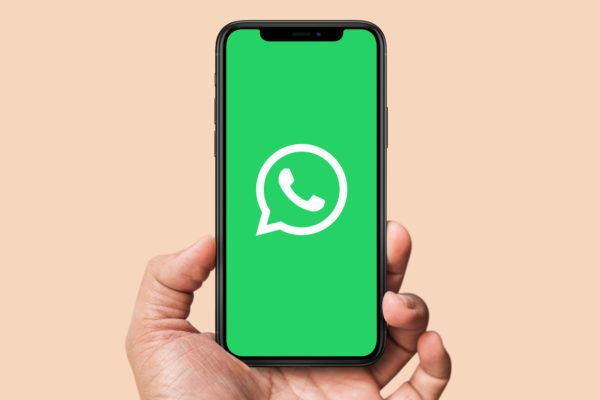Business
WhatsApp Voice Notes and Silent Calls: Why South Africans Should Be Extra Careful

Your voice is your new password
In South Africa, answering your phone with a simple “hello” or sending a WhatsApp voice note might seem harmless. But cyber experts are warning that your voice could be the next big target for criminals.
Andrew Bourne, Regional Manager for Zoho Corporation Africa, explained in a recent radio interview that many people underestimate just how valuable their voices have become in the digital age. Criminals are now harvesting vocal biometrics, unique features of your voice, to use in scams, fraud, and even deepfakes.
How cybercriminals capture your voice
One of the simplest tricks is the silent call. You pick up, say “hello” a few times, and there’s nobody on the other end. It feels like a dropped line, but what may actually be happening is far more sinister. Criminal organisations could be recording that snippet of your voice to confirm your identity and update databases that already contain your ID number or phone number from past data leaks.
While one “hello” is unlikely to be enough to create a convincing fake, multiple recordings from phone calls, voice notes, or even social media videos give scammers the raw material they need. Over time, these fragments can be stitched together into highly realistic audio, deepfakes that sound like you, or worse, like your child or loved one in distress.
The rise of deepfake scams
Bourne shared chilling examples of how these scams work. Imagine receiving a call where you hear your child crying out for help, only to later discover the voice was a fabricated copy lifted from a social media clip. It is not science fiction; it is happening.
This level of fraud is not unique to South Africa. In Hong Kong, scammers once used a deepfake video of a CEO to trick an employee into transferring $25 million. Locally, experts warn that the same tactics could be used to target high-profile individuals or ordinary families.
Everyday risks: even WhatsApp voice notes
Many people assume apps like WhatsApp are safe because of end-to-end encryption. While encryption does protect messages in transit, it does not stop someone from saving, forwarding, or re-recording your voice notes. Once your voice is out there, it can be copied and misused.
Bourne emphasised that criminals often sell harvested data to the highest bidder or use it for targeted scams. It is about building a detailed profile of your life, who you are, who you know, and how you speak, to make fraud attempts more convincing.
How to protect yourself and your family
There are practical steps South Africans can take to stay safe. If someone calls claiming to be from your bank, do not just hand over information. Ask them to prove who they are with details only your institution would know. Families are also being encouraged to set up a “safe word” so that if anyone receives a distress call, they can quickly verify if it is genuine.
It might feel rude to ignore a call or paranoid to question someone’s identity, but these habits can protect you. As scams become more sophisticated, awareness is no longer optional; it is essential.
“Awareness and digital literacy are our best defences,” Bourne said. In a world where even your voice can be weaponised, vigilance is not just wise. It is survival.
Also read: The Future-Proof Tech Jobs Defining South Africa’s Workforce in 2025
Follow Joburg ETC on Facebook, Twitter, TikT
For more News in Johannesburg, visit joburgetc.com
Source: Business Tech
Featured Image: MyBroadband














